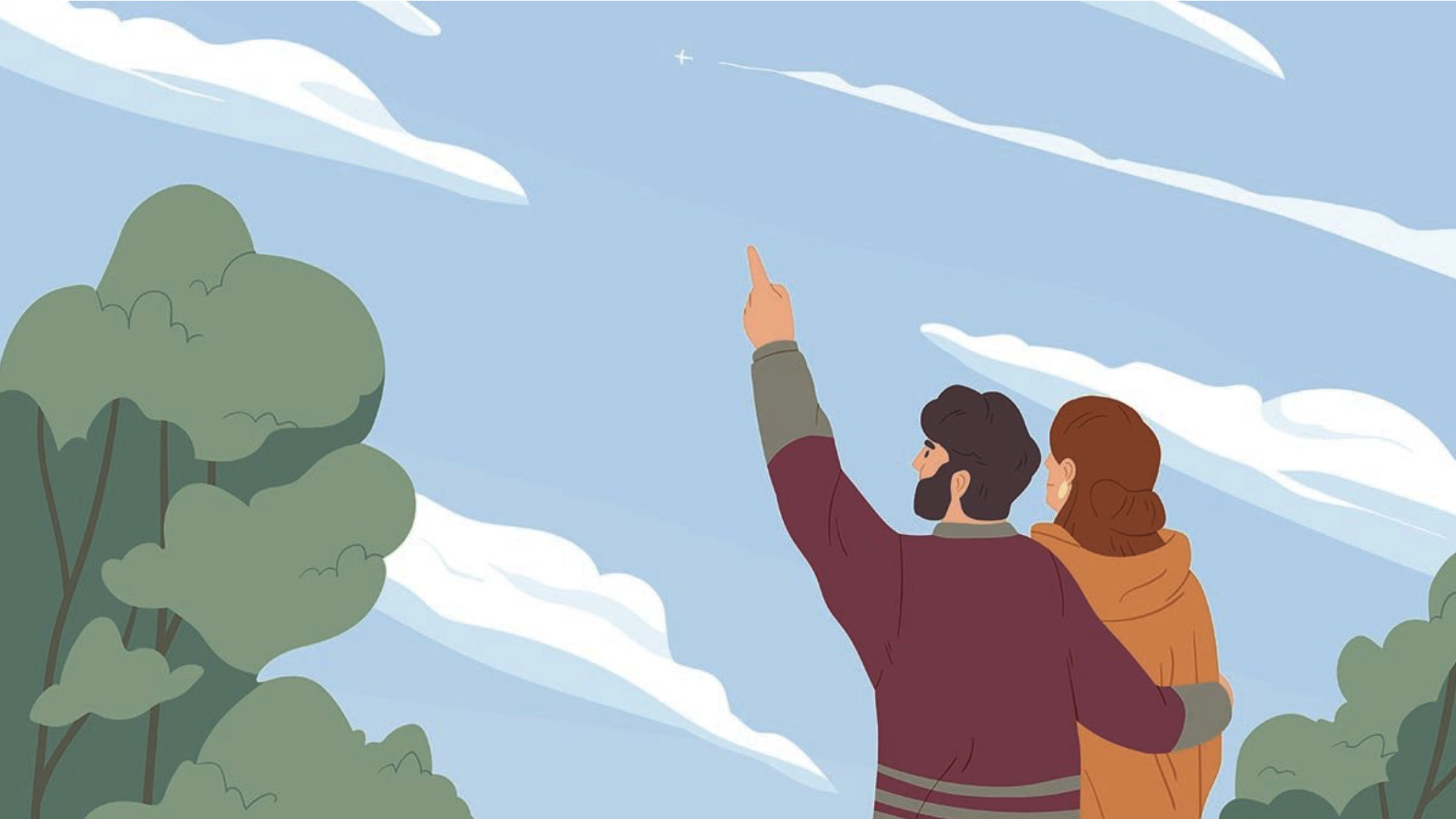3 massive reasons why you should be reading this outside

Since the dark days of Covid, many of us have found ourselves spending a lot more time inside. Whether that's because we're now working from home, or it's a legacy of enjoying our own company - which is code for: I don't like the general public anymore.
While that may give us an immediate gratification for "choosing us", I have some bad news for you. It's having a negative impact on your health. Everything from feelings of loneliness, a lack of stimulation, anxiety over work and uncertainty about our futures. But while I've covered these subjects already in this newsletter, today I want to talk about the Great Outdoors.
A few weeks back I spoke about how the Dutch had come up with a word to describe the feeling of walking outdoors in the wind, this time I'm going to be drilling down into why being outside is, according to a ton of research, so god damn good for us.
It improves memory 🧠
In a study carried out at the University of Michigan, students were given a brief memory test, then divided into two groups. One group took a walk around a botanical garden, and the other took a walk down a city street.
When the participants returned and did the test again, those who had walked among trees did almost 20% per cent better than they had the first time. The people who had taken in city sights instead did not consistently improve.
A similar study on depressed individuals found that walks in nature boosted working memory much more than walks in urban environments. The reason? One group of thinkers believe it's something to do with how our attention is affected in urban and rural environments.
In the former, our attention is having to constantly process and respond to potential threats: is that car coming up the road behind me going too fast? How do I try and keep two-metre distance from those around me?
In rural environments meanwhile, our brains don't identify the same threats, sure there are potential dangers, but say proponents of Attention Restoration Theory, our processing abilities aren't as heavily taxed in the countryside than they are in the cities, helping us retain more information.
Two studies have found that a wide variety of diseases were less prevalent among people who lived in close proximity to green space.
Being outdoors lowers stress levels 📉
Something about being outside changes the physical expression of stress in the body. In one study, researchers found that students sent into the forest for two nights had lower levels of cortisol — a hormone often used as a marker for stress — than those who spent that time in a city.
In another study, researchers found a decrease in both the heart rates and levels of cortisol of participants who spent time in the forest compared to those in the city.
"Stressful states can be relieved by forest therapy," the researchers concluded.
Among office workers, even a view of nature out a window is associated with lower stress and higher job satisfaction. Again it seems to be related to the level of brain activity required to move through environments our brains would class as artificial.
Humans in primate form have been around for five million years, meaning our brains have spent 99.99% of our evolutionary history in natural environments. Urban environments are a recent development, and as such our brains are not adapted to deal with it in the same way as it would a forest.
The outdoors can help treat anxiety and depression 💆
Yep, being outside can help people treat depression. One study found that walks in the forest were associated with decreased levels of anxiety and bad moods, and another found that outdoor walks could be "useful clinically as a supplement to existing treatments" for major depressive disorder.
"Every green environment improved both self-esteem and mood," found an analysis of 10 earlier studies about so-called "green exercise." That review also indicated that "the mentally ill had one of the greatest self-esteem improvements."
The presence of water made the positive effects even stronger, the findings suggested.
The message here is we should try to spend more time in forests, outside, near water and any environment. It's good for us, and if it makes us appreciate what we have around us a bit more, it's good for the environment, too.
Ok, where can I learn more? 📚
- The Walker's Guide to Outdoor Clues and Signs - This is one of my favourite books, it teaches you how to 'read' the great outdoors, and is such a wonderful way of tuning in to what your environment is trying to tell you.
- As always, there's a great TED talk on the benefits of getting "hooked on nature"
- The mental health charity Mind has a lot of great resources for how you can harness being outside for yourself.

